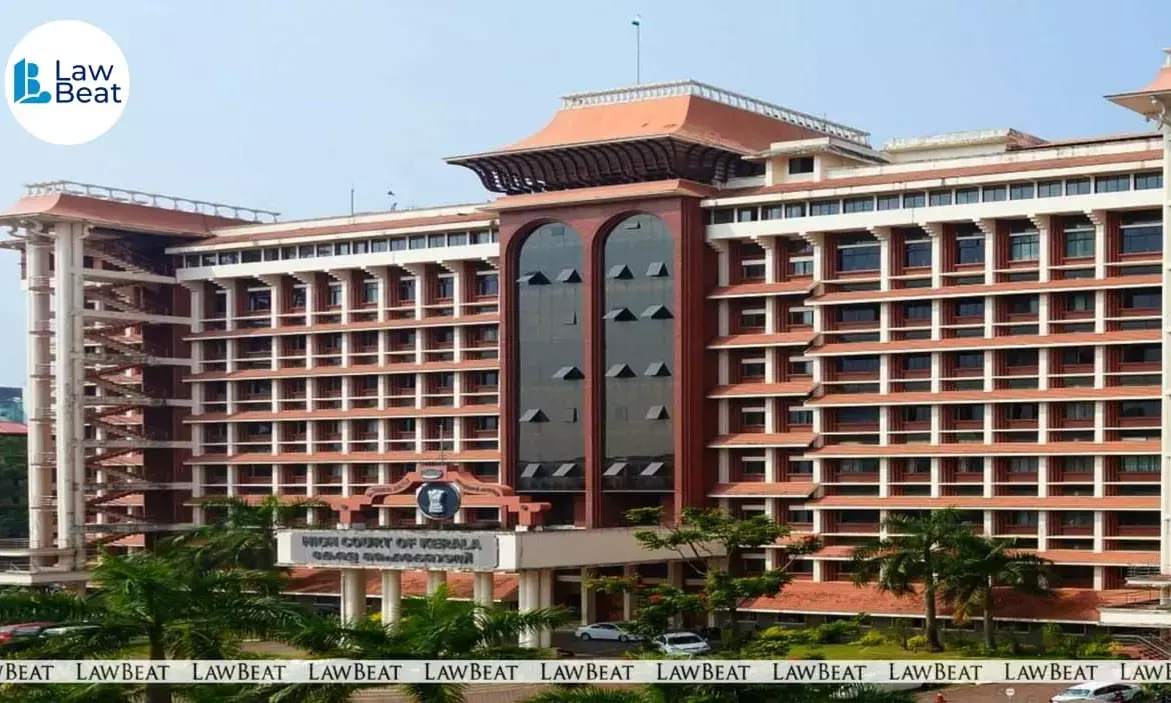Muslim Man Cannot Have Multiple Marriages Without Financial Capacity: Kerala High Court

The Kerala High Court upholds denial of maintenance to the second wife of a Muslim blind beggar, noting she married him knowing his condition
The Kerala High Court has held that a Muslim man without the financial capacity to support his wives cannot take a second or third wife, even under the community’s customary law. “A person who has no capacity to maintain a second or third wife cannot marry again, even as per the customary law of Muslims,” Justice P.V. Kunhikrishnan observed while deciding a case concerning maintenance rights of a blind beggar’s second wife.
The case involved 39-year-old Jubairiya, who approached the family court in Malappuram under Section 125 of the Code of Criminal Procedure seeking Rs. 10,000 as monthly maintenance from her husband, 46-year-old Saidalavi. She alleged that despite being blind and surviving on alms, her husband earned around Rs. 25,000 through begging near a mosque and performing small errands. She further claimed that he subjected her to cruelty, threatened her with talaq, and even declared his intention to enter into a third marriage. The man had married Jubairiya while his first wife was still alive.
The family court, however, rejected her plea in 2020, stating that a beggar cannot be directed to provide maintenance. On revision, the high court agreed. Court noted that Jubairiya had knowingly married a man who was blind and without sustainable income. “No court can direct a beggar to pay maintenance to his wife when the wife herself admits that her husband is a beggar,” the judge said.
But the single judge bench went beyond the immediate matter to issue a stern reminder on the misuse of Muslim personal law. Court emphasised that polygamy, though permissible under certain conditions, is not an unrestricted right. Referring to verses from the Quran (Chapter 4, verses 3 and 129), Justice Kunhikrishnan said that monogamy is the spirit of the text, and polygamy is only an exception, conditional upon the man’s ability to do justice to all wives.
“The majority of the people in the Muslim community are followers of monogamy, even if they have the wealth to maintain more than one wife. That is the true spirit of the Holy Quran also. The small minority… following polygamy, forgetting the verses of the Holy Quran, are to be educated by the religious leaders and society,” the order said.
In this case, the court found it unacceptable that a blind man, who admitted to living on charity and alms, should contemplate multiple marriages. Justice Kunhikrishnan noted that such practices stem from “lack of education” and a misunderstanding of Islamic law.
The order also turned attention to the state’s responsibility in tackling poverty and destitution. Observing that begging is not a recognised livelihood, the judge said it was the duty of the government to ensure no citizen is forced to beg for survival. He stressed that women left abandoned by polygamous men should not be left to starve and must be protected by state welfare schemes.
Quoting reformer Sree Narayana Guru’s Daivadasakam, court reminded that ensuring food and clothing for all is the duty of a democratic society. “It is the duty of the State to see that if a blind man is begging for his livelihood, he is protected. It is also the duty of the State to see that if a blind man… is marrying one after another without even having knowledge of the fundamental principles of Muslim customary law, he is counselled appropriately,” the judge wrote.
While dismissing the wife’s maintenance petition, the high court directed that a copy of its order be sent to the Kerala Social Welfare Department. It recommended counselling for the respondent, with the involvement of religious leaders, to prevent further marriages that could leave more women destitute. Court also urged the government to extend food and clothing support to his wives and, if possible, help reconcile the couple.
Case Title: Jubairiya v. Saidalavi N.
Judgment Date: September 15, 2025
Bench: Justice P.V. Kunhikrishnan
